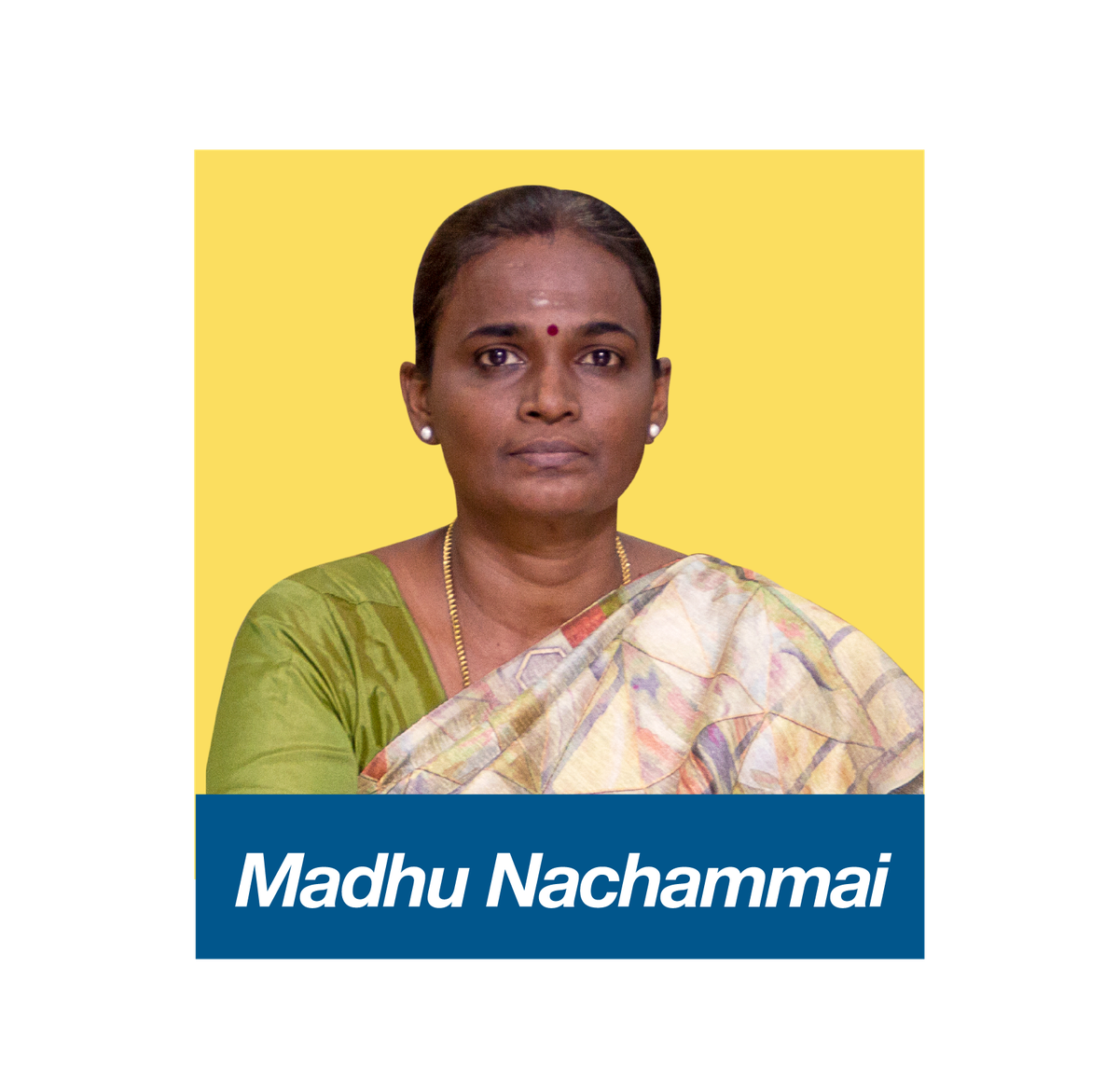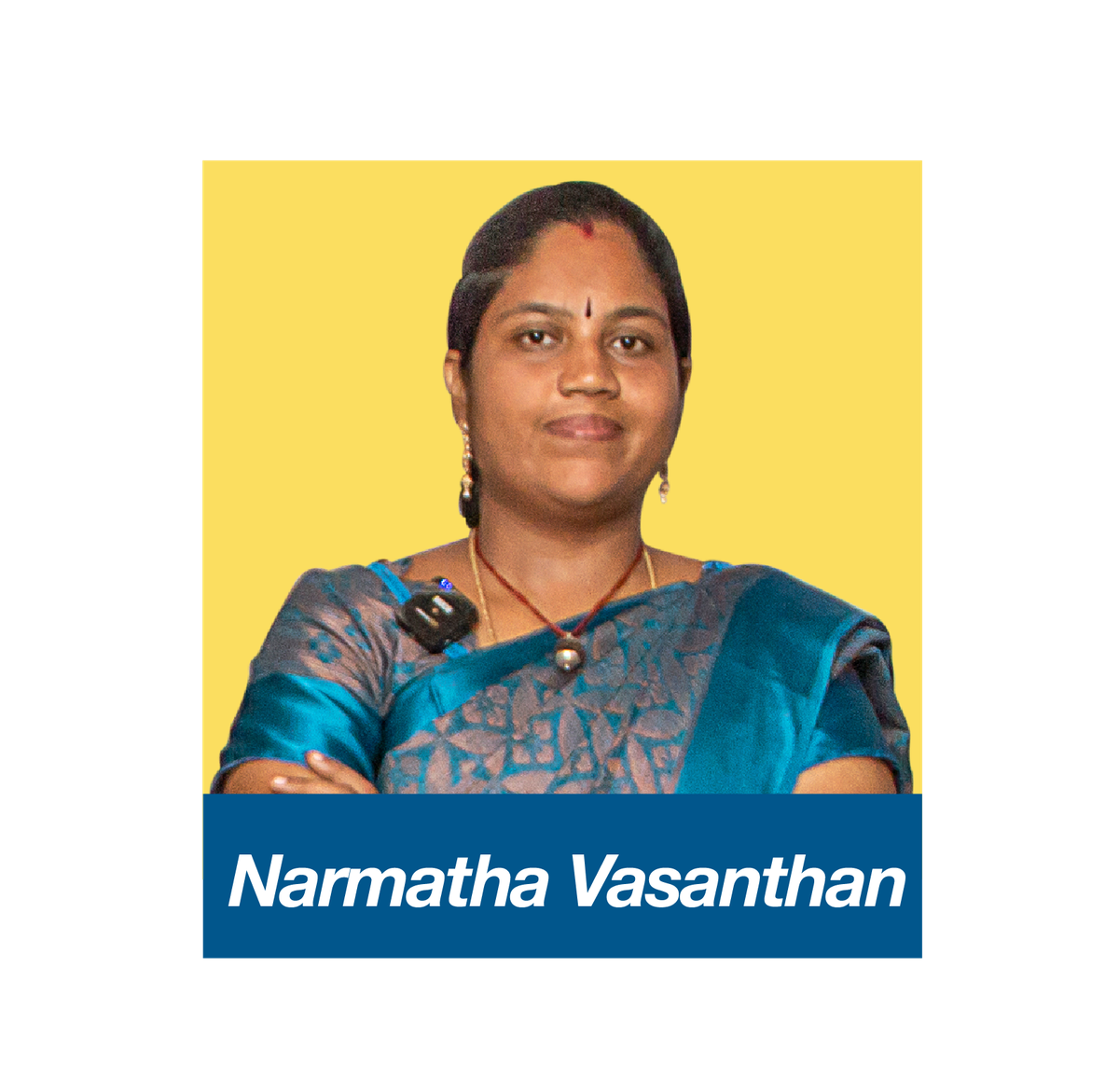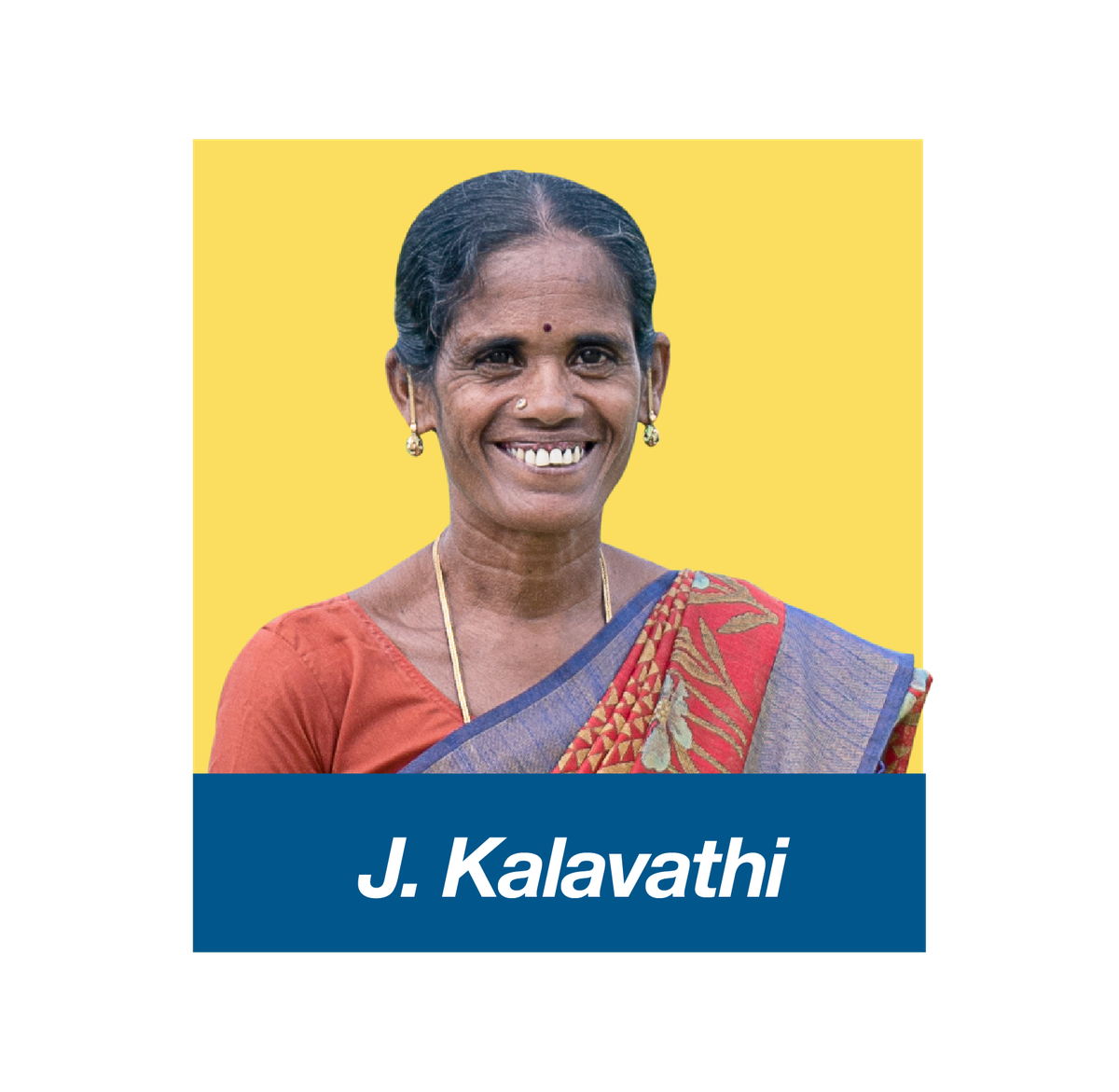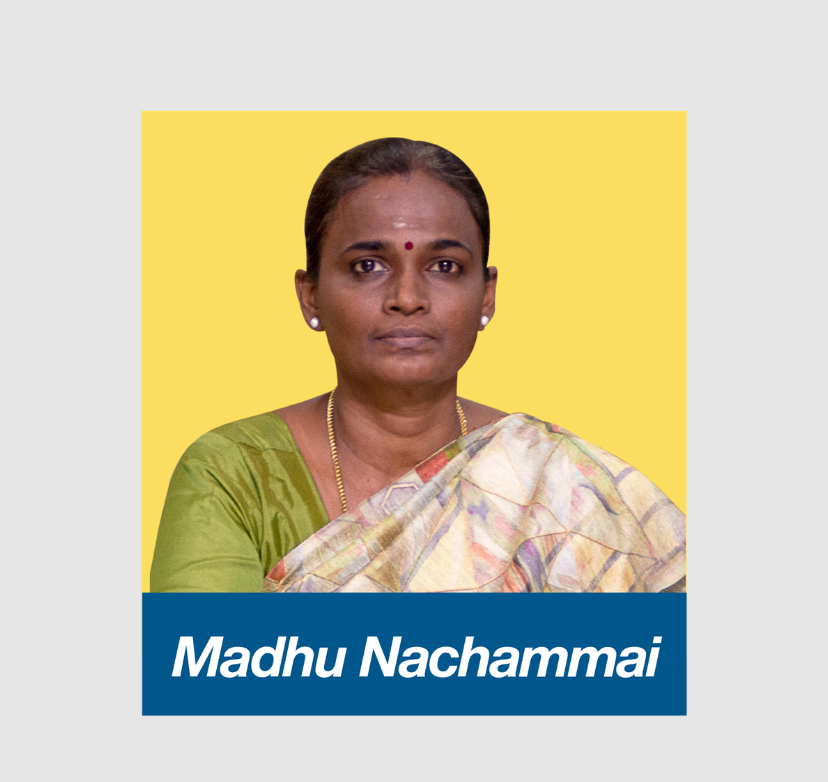The ecosystem in India is on a transformational path — an increasing number of women are contributing to the labour force. While several states are making consistent efforts to advocate women’s entrepreneurship, Tamil Nadu leads the race for several reasons.

As per the Annual Survey of Industries (2017-18), the state has the highest number of working women in India. The number stands at 7.08 lakh, which is nearly half of India’s 15.93 lakh working women – it is also three times higher than Karnataka that is next in line. From a high literacy rate to gender-inclusive policies, to providing higher training subsidies for women staff – the environment is highly conducive for women to enter the workforce. They are also encouraged to rejoin work after a career break, as a result of maternity or other domestic responsibilities.
There are several success stories in Tamil Nadu that serve as inspiration for womenfolk to follow suit. Breaking the shackles of society is no mean feat, but the state has extended its support to the cause of women empowerment time and again. A case in point is the Kirloskar Brothers’ plant in Coimbatore that has been completely run by women since 2011. There are as many as 150 women employees, who belong to neighbouring villages and are deftly handling the operations. That’s not all – there is a far higher percentage of women who are a part of Tamil Nadu’s automobile industry. Pricol’s Coimbatore plant has 25% women employees, while Royal Enfield’s plants in Oragadam, Vallam, Vadagal, and Thiruvottiyur constitute 15%.of women. These are largely male-centric domains, yet these women have gained the skills to run the operations seamlessly, and with great efficiency.
The startup space is equally booming in the state — this can be gauged from the fact that Tamil Nadu rose six spots in the national rankings this year. The state has always been a playground for women in politics, with 11 of the state’s 20 mayors being women. Research indicates that women entrepreneurship is on the rise here, which can be attributed to the increase in literacy levels. As per the Tamil Nadu Government census data of 2011, the female literacy rate in Tamil Nadu has gone up in rural and urban areas to 55.28% and 75.99% respectively. With education being given a priority, more women are taking risks and have begun to give stiff competition to men in different fields like education, employment and the like.
An ecosystem to create more women entrepreneurs
While the women of Tamil Nadu are strong voices, they have been extended all the support to bring their dreams to life. Since agriculture is the mainstay in the state, it provides employment to both men and women. Fortunately, the government has been making consistent efforts to ensure that women are involved in various occupations, motivating them to be financially independent. Different schemes are being launched regularly to make their journey as seamless as ever. As part of the Five Year Plans, women entrepreneurs in the state are given concessional loan rates, while those who want to set up small scale industrial units are provided a capital subsidy as well as marketing services.
As per official statistics, Around 349 women entrepreneurs in Tamil Nadu have benefited under the New Entrepreneur cum Enterprise Development Scheme (NEEDS). Promoted by the Directorate of Industries and Commerce (TIIC), Government of Tamil Nadu, this scheme aims to provide all the support required to the younger generation to become first-generation entrepreneurs. The TIIC also serves as the nodal agency for government subsidies for those who are looking to procure loans for their business.
Furthermore, under the Prime Minister’s Employment Generation Program (PMEGP), 1,558 women entrepreneurs from Tamil Nadu have been provided Rs 132. 88 crores as loans, with subsidy of Rs 33.22 crores.
Support these women entrepreneurs from Tamil Nadu
There are many women trailblazers from Tamil Nadu, who are considered an inspiration for the community, be it in politics, medicine or IT. While there are many representatives from urban settings, those in the rural parts of the state require as much support as possible to realize their dreams. The five remarkable women entrepreneurs, past winners of the Britannia Marie Gold My Startup Contest, have similar stories to recount. – Madhu Nachammai, Narmatha Vasanthan, J.Kalavathi, R.Sumathi, Yazhinidevi D – are symbolic of the story of an emerging India, as they take on unconventional sectors and make their mark.

Vasanthan, who hails from the temple town of Thanjavur, worked for a few years in Dubai post her wedding. Things weren’t awry until she returned to India to deliver her baby, opting for a two-year sabbatical. When she went back to Dubai and began her job hunt, she realised that her career break had turned into an impediment. While these instances did demotivate her, she decided to take things in her hand and began training individuals, graduates, and students in digital skills.

“During my interviews, they would question me on the basics of computers, but I knew nothing. That’s when I decided to take it in my stride and learn these skills. I eventually landed a job in Dubai, but the company wasn’t financially stable. I received little to no recognition and my salary was not at par with others. There was a lack of stability and since my family was dependent on me, I had to think of an alternate solution,” she shared.

That’s how she started Rudra Computer Training – today, she places special focus on imparting training to women and young girls, so that they can stand on their own feet.

J. Kalavathi’s journey is equally motivating – she is the first woman entrepreneur from her village, who has set out on the path of creating an integrated farming system on her own steam. Apart from dairy, she has trained her sights on developing her mushroom farm, which will produce mushroom powder mixes, and a vermicompost farm.

Britannia Marie Gold My Startup Contest is a laudable initiative that launched in 2019, and helped top 10 business ideas of each season by women entrepreneurs win INR 10 lakh each to start their business. Season 1 had 1 million entries and seasons 2 & 3 have been even bigger successes. 40,000+ women have so far received training via upskilling programmes, 30 women have received seed funding to start their own business and of which, 18 successful initiatives have been created.
Article Credits: The Hindu

Pingback: Navel Nazareth, Co-Founder, CEO of NAM Solutions & Young Queer Entrepreneur - SLSV - A global media & CSR consultancy network